This post is also available in: Deutsch (German)
At the beginning of 2019, I started my merino wool self-experiment (link). In my search for the optimal clothing for cyclists, I had often come across merino wool before … but had massive doubts about the highly praised properties of merino wool and its products:
Properties of merino wool
- Very good insulation in winter and summer
- Odourless because resistant to bacteria
- Breathable
- Regulates moisture and temperature
- Antistatic
- Non-scratchy
- Elastic and largely crease-resistant
The response to my report in the social networks and on my blog was incredibly positive; everyone could confirm my experience: Merino wool is also the optimal material for athletes; each of the above-mentioned properties applies! Thank you very much for your feedback!
Since then, I have been wearing merino wool products not only for outdoor sports, but also in everyday life. After I also infected my family, many more merino products were added: Hats, scarves, shirts, shorts, socks. Clothes made of pure cotton or even synthetic fibres are increasingly disappearing from the wardrobe!
Even now that the temperatures are slowly getting warmer, nothing has changed … I didn’t want to believe it, but even at high temperatures far above 20 degrees, merino wool works terrific. Some cyclists have told me that they have worn nothing but merino wool for weeks and months on their trips to tropical regions.
Animal welfare
Many readers have rightly pointed out to me that there are unfortunately also black sheep in the industry; i.e. producers of merino wool do not take animal welfare so seriously and the merino sheep unfortunately suffer extremely from this! The term mulesing is often used!
Mulesing
In so-called mulesing, a piece of skin is removed from the tail area of the young lambs with a knife, creating a smooth scarred area and preventing the flies from finding a place to nest their eggs. This is usually done without painkillers or anaesthetics. However, open or poorly healing wounds often have the opposite effect, because that is where the flies lay their eggs, resulting in fly infestation. This is unimaginable and cruel cruelty to animals, especially in Australia and New Zealand.
That’s why you should look out for “mulesing-free” merino wool and products when buying. Since I know all this, I only buy certified products and from manufacturers who contribute sustainably to animal and nature protection and ensure transparency. Certificates such as GOTS, IVN, ZQ and others as well as kbt certification indicate that the animals are kept in a species-appropriate manner … I don’t buy cheap products anyway!
Manufacturer overview
Since I was often asked in the social media … here is a small overview (without claiming to be complete), with a special focus on animal welfare and nature conservation.
Note: I have already bought and tested some of the products from these companies myself and particularly enjoy using them. There is no other connection to the companies themselves, nor do I receive any financial benefits for my blog contributions!
super.natural
The Swiss manufacturer super.natural combines merino wool with the latest synthetic fabrics to achieve the best of both worlds. My shirts are made of a comparatively thin material, which makes the garments correspondingly airy and light to wear.
The wool comes from Africa, where fly infestation is not a problem and therefore mulesing is not used. In addition, super.natural adheres to the “bluesign” criteria with the aim of resource-saving and sustainable production.
Dilling
The Danish company Dilling produces underwear, so it is not a classic outdoor or sporting goods producer. That’s probably why my Dilling shirt is a little thicker than shirts from other manufacturers. It feels extremely soft and cosy and is cut a little longer. Despite initial reservations, it is also quite suitable for warmer days.
The merino wool comes from Argentina and is 100% organic, and mulesing is not used there because there are no flies. Dilling itself also attaches great importance to sustainability, animal welfare and fair working conditions. Evidence of this are seals such as the Nordic Ecolabel or the GOTS certificate. The prices are very reasonable because Dilling sells its articles exclusively online. And here are 2 more links: Click! Click!
Icebreaker
Icebreaker also places the highest value on sustainability, animal welfare and nature conservation and publishes all relevant information in its transparency report.
Ortovox
Like many other producers, Ortovox also attaches great importance to nature conservation, animal welfare and sustainability. The merino wool comes from Tasmania and Switzerland. The long-standing relationship with the sheep farmers is also very important. Ortovox has laid all this down in its own wool standard (OWP). You can find more information here!
Bergans
The Norwegian manufacturer Bergans is also a bluesign system partner and thus underlines its responsible position with regard to animal welfare, nature conservation and sustainability. Mulesing is not an issue for Bergans, as they do not work with such wool producers. You can find more information here!
Kaipara
It is produced in Germany! Kaipara sources its wool from New Zealand and underlines with various certificates that 100% mulesing-free wool is processed here. More info here!
Mons Royal
Mons Royale has been using only ZQ-certified merino from New Zealand, Australia and South Africa since autumn 2018. According to Mons Royale, this is the highest standard for merino wool and clearly excludes practices such as mulesing. More info can be found here: Click!
What are your favourite products? Where or from whom do you buy? What can you recommend with a clear conscience? I look forward to your experiences and feedback!
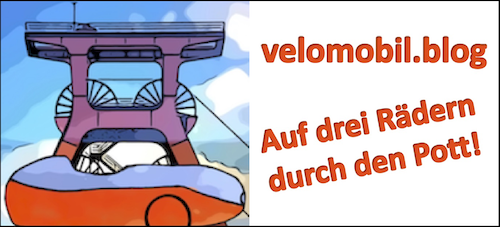


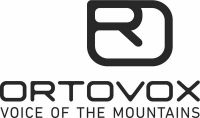


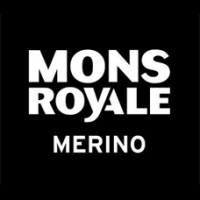
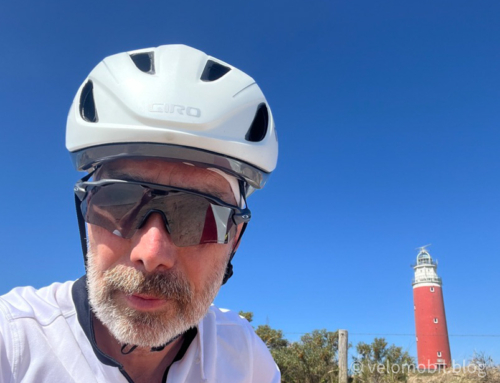

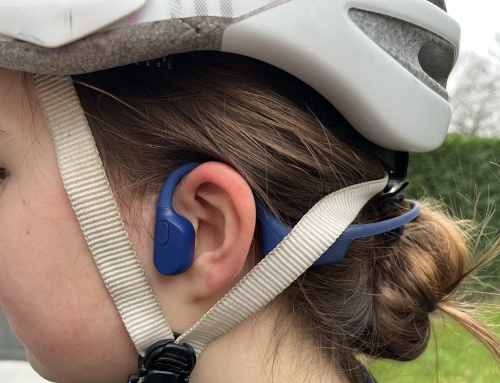



Leave A Comment